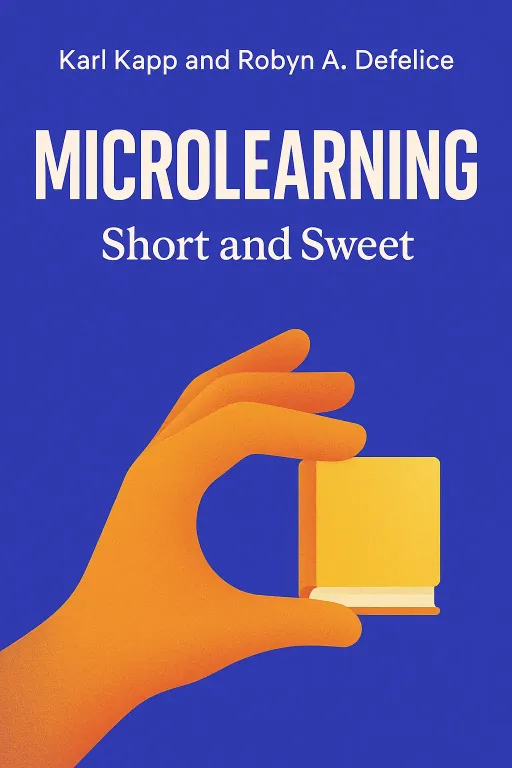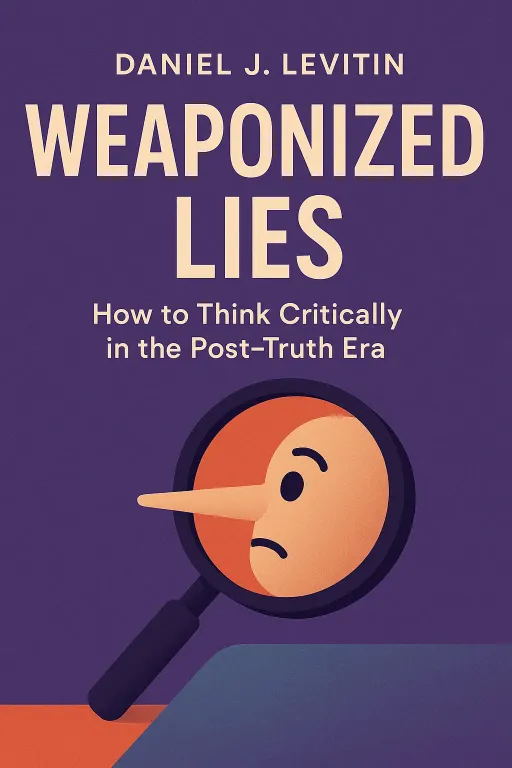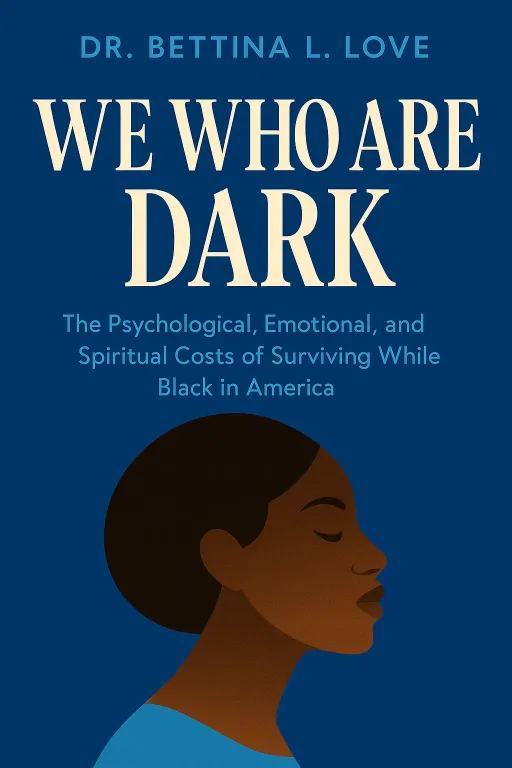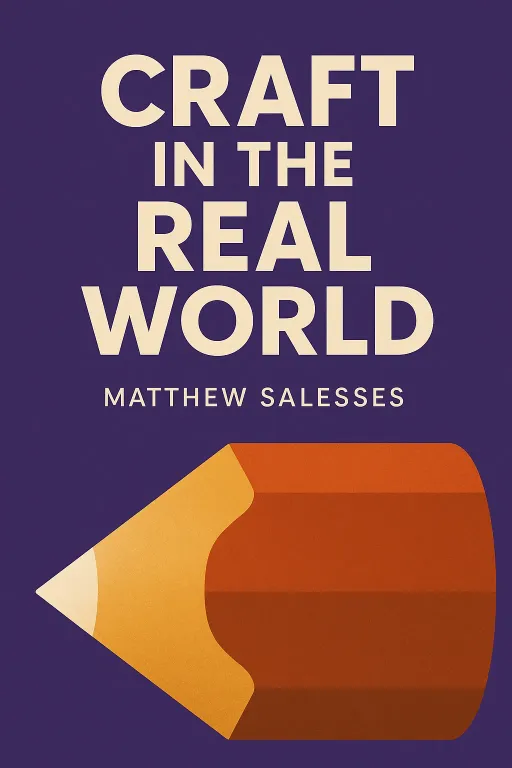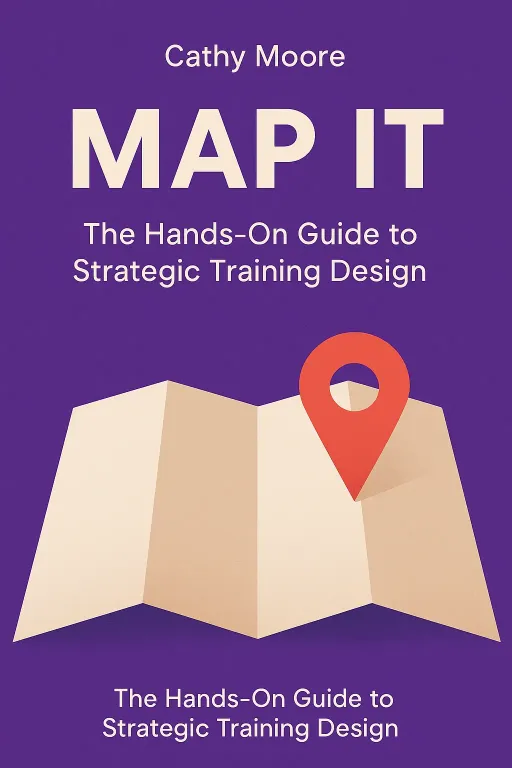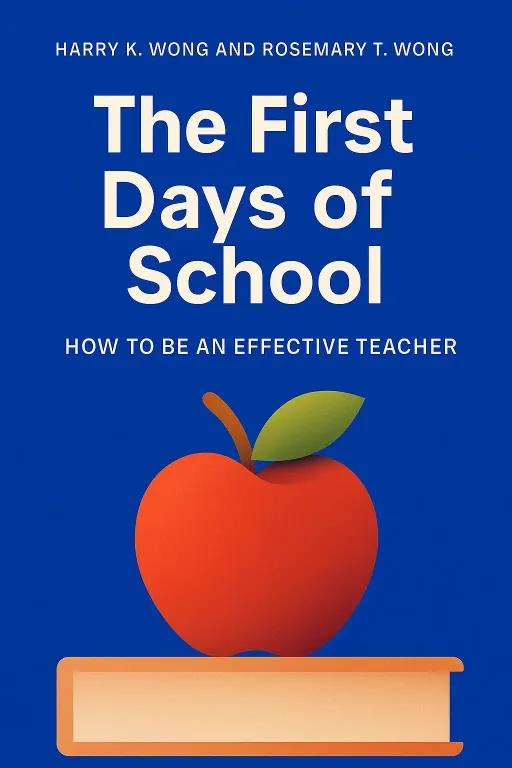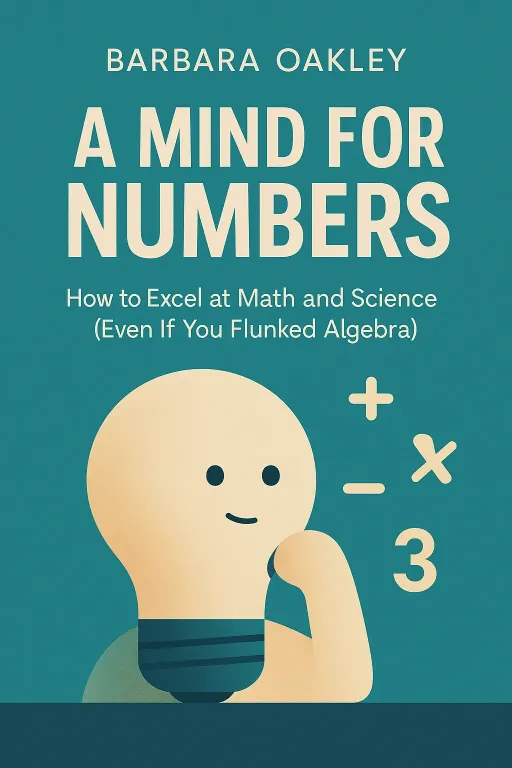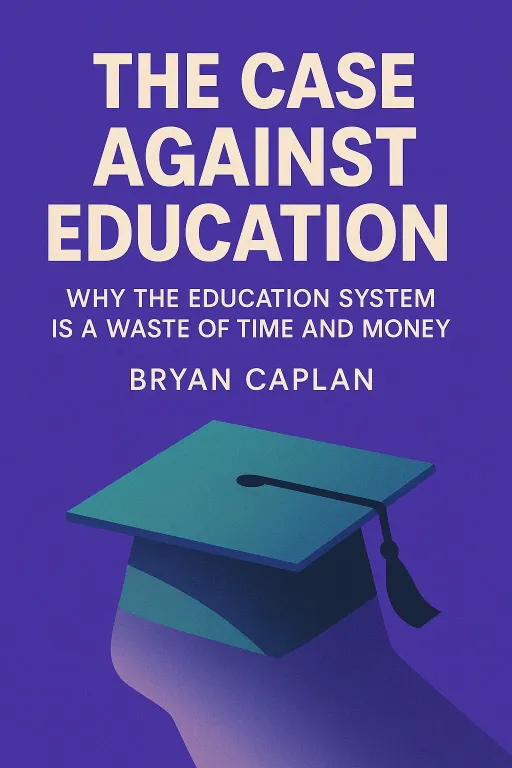
The Case Against Education
9 minWhy the Education System Is a Waste of Time and Money
Introduction
Narrator: Imagine a top law firm reviewing applications for a summer associate. One candidate stands out, but not for their legal background. They hold a Ph.D. in philosophy from Stanford. The hiring manager knows that detailed knowledge of Kant or Plato is irrelevant to corporate law, yet they make a generous offer. Why? The firm isn't hiring a philosopher; it's hiring a signal. The applicant’s ability to endure the grueling, abstract work of a doctorate signals immense intelligence, diligence, and the capacity to tolerate boredom—all valuable traits in the legal field.
In his provocative book, The Case Against Education, economist Bryan Caplan argues that this scenario is not an anomaly but the norm. He challenges the deeply held belief that education's primary value comes from building skills, proposing instead that the system is a massive, socially wasteful signaling game. Caplan contends that we are not just overspending on education; we are fundamentally misunderstanding its purpose and its true, often negligible, impact on both individual ability and national prosperity.
The Signaling Model: Why Useless Knowledge Pays Off
Key Insight 1
Narrator: Caplan’s central thesis rests on the signaling model of education. This theory posits that employers don't pay for the specific knowledge students acquire—much of which is forgotten or irrelevant—but for the pre-existing traits that academic success reveals. A degree acts as a signal, or a certificate, of intelligence, conscientiousness, and conformity.
To illustrate, Caplan presents the story of two equally intelligent high school students, Mark and Steve, who both ace their SATs. Twenty years later, Mark has earned a Ph.D. from MIT, while Steve only has a high school diploma. An employer would likely see Mark as the harder worker, not because his doctoral research is relevant, but because enduring years of grueling academic work signals immense perseverance. Steve, despite his raw intelligence, might be perceived as lazy. Education, in this view, doesn't build the valuable traits; it simply provides a costly and reliable way to prove you already have them. The labor market, therefore, doesn't reward you for the useless subjects you master; it rewards you for the pre-existing traits you reveal by mastering them.
The Sheepskin Effect: The Diploma Is More Valuable Than the Learning
Key Insight 2
Narrator: One of the most compelling pieces of evidence for the signaling model is the "sheepskin effect." This refers to the disproportionate jump in earnings that comes from completing a degree, rather than from the learning acquired in each year of study. If education were purely about accumulating skills (the human capital model), each year of college should add a roughly equal amount to a person's earnings. However, the data shows something very different.
Caplan’s analysis of the General Social Survey reveals that the final year of high school and the final year of college each provide a massive pay spike. A high school diploma boosts income by nearly a third, as does a bachelor's degree. This suggests that employers are not rewarding the knowledge from senior year trigonometry or a final-semester art history class. Instead, they are rewarding the diploma itself—the "sheepskin." It is the credential, the signal of completion, that holds the most financial value. This explains why a student who is one class short of a B.A. is in a far worse position than a student who just graduated, even if their knowledge and skills are virtually identical.
Credential Inflation: The Educational Arms Race
Key Insight 3
Narrator: A direct consequence of the signaling model is credential inflation. As more people obtain degrees to signal their abilities, employers raise the educational requirements for jobs that previously did not need them. This creates a perpetual arms race. What once required a high school diploma now requires a bachelor's degree; what once required a bachelor's now requires a master's.
Caplan points to the phenomenon of "malemployment," where workers have more education than their jobs actually require. He cites research showing that the amount of education needed to get a job has risen far more than the amount of education needed to do the job. This is not because jobs have become universally more complex, but because in a crowded market of educated applicants, employers use degrees as an easy filter. The result is a zero-sum game. As one sociologist explains, when there are too many highly educated workers, they are forced to compete for mid-level jobs, which in turn pushes those with mid-level qualifications to compete for low-level jobs. The individual is forced to get more education just to stay competitive, but society as a whole gains little in terms of productivity.
The Great Disconnect: Why Private Gains Don't Equal Social Progress
Key Insight 4
Narrator: The most critical implication of Caplan's argument is the chasm between the selfish return to education and the social return. For an individual, getting another degree is often a rational, profitable decision. It makes them look better than their competitors and leads to higher wages. However, from a societal perspective, if that education is mostly signaling, it's a tremendous waste.
Caplan uses the analogy of standing at a concert. If you stand up, you get a better view. But if everyone stands up, no one's view improves, and everyone is less comfortable. Similarly, when one person gets a degree, they get a better job. But when everyone gets a degree, it doesn't mean everyone gets a better job; it just raises the bar for entry. The social return on education is only the portion that genuinely increases productivity—the human capital. The signaling portion is a private benefit but a social cost. Caplan’s analysis, even with cautious assumptions, suggests that the social return on higher education is often low or even negative, meaning society is not recouping its massive investment.
A Modest Proposal: We Need Less, Not More, Education
Key Insight 5
Narrator: Given that education is largely a wasteful signaling competition, Caplan’s policy recommendations are predictably contrarian. He argues that the United States is overeducated and that government should drastically cut its support. This includes both reducing subsidies for tuition and cutting "fat" from the curriculum. He advocates for a greater emphasis on vocational education, which focuses on teaching concrete, marketable skills rather than abstract academic subjects.
Caplan argues that vocational training is a more direct path to human capital formation. Instead of spending years studying poetry or history, students could learn plumbing, coding, or nursing—skills with immediate real-world demand. He even suggests relaxing child labor laws to allow young people to gain valuable on-the-job experience, which he sees as a more effective form of socialization and skill development than sitting in a classroom. The goal is not to abolish education, but to shift its focus from wasteful signaling to productive skill-building, thereby aligning the selfish incentives of students with the broader needs of society.
Conclusion
Narrator: The single most important takeaway from The Case Against Education is that the system's primary function in the modern economy is not to build skills, but to certify them. For the individual, education is a lucrative investment because it provides a powerful signal of intelligence and diligence to employers. For society, however, this system fuels a wasteful credentialing arms race, consuming vast resources without a proportional increase in national productivity.
Caplan’s analysis forces us to confront an uncomfortable possibility: What if our multi-trillion-dollar annual investment in education is not building a more capable workforce, but is instead just an elaborate, expensive sorting mechanism? The book's ultimate challenge is to question our sacred belief in the inherent good of more schooling and to ask whether we could better serve both individuals and society by shifting our focus from academic signaling to practical, vocational mastery.
